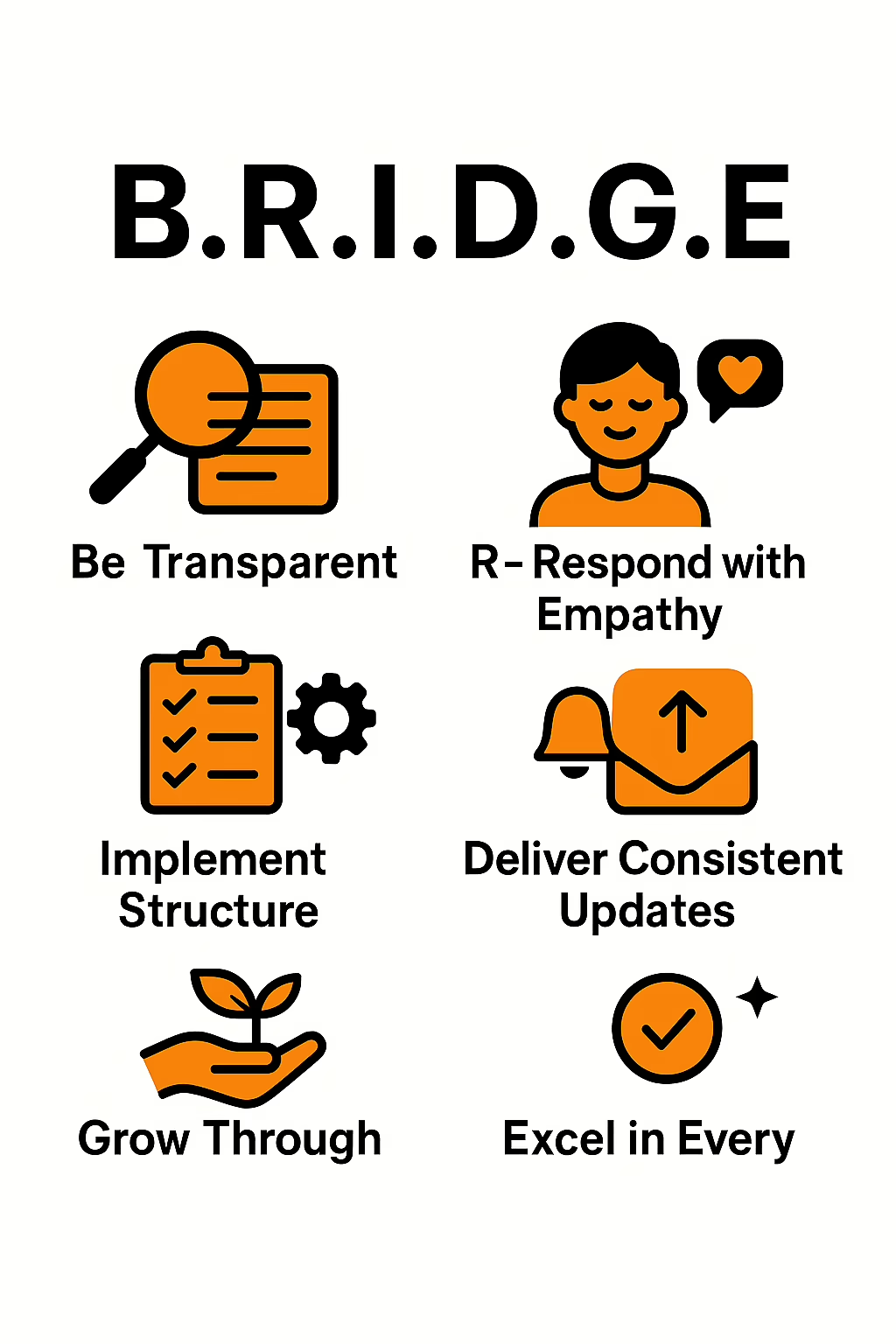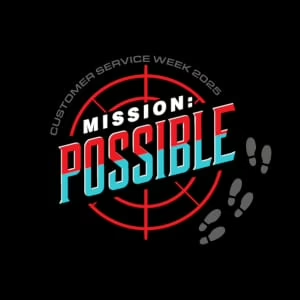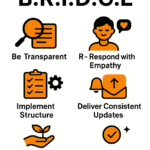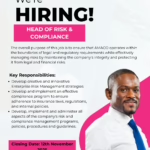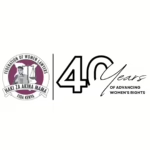The premise that everyone who has been called to the bar and bears the title ‘Advocate of the High Court of Kenya’ should potentially be able to start and run a law firm is tentatively true. However, more often than not, this presumption has proven practically false when the rubber meets the road.
In my entire law school training, I only took one business class – Legal Practice Management and, within it, Accounting for Lawyers. Nonetheless, these classes did not empower us to set up and run a firm (I know I speak for most of us).
Now, don’t get me wrong. Many lawyers have run successful law firms without any visible additional help. However, I can bet you that they had some kind of exposure to a parent or mentor who was an entrepreneur or from reading multiple books on the subject. Essentially, such lawyers typically had an experience that planted the entrepreneurship seed in them.
From a business perspective, the average law firm in Kenya is run like a ‘kiosk’; it’s busy, has no formal structure, and sells everything (zero regard for branding or positioning). On the one hand, the ‘kiosk’ model is safe. Picture that kiosk in your locality or even near your workplace; it’s probably been there for years, guaranteeing the proprietor a steady income.
However, the kiosk model has one significant flaw: it has zero room for scaling. I bet you that “Baba John” (let’s call him that), who runs the kiosk you had in mind, has likely placed the mandazis on the same shelf since you started patronizing his kiosk seven years ago.
Baba John may turn his ‘kiosk’ into a mini-supermarket. However, at the end of the day, you would still find him doing his reconciliations on a squared exercise book or perhaps a basic calculator.
Back to the issue at hand, the kiosk-style, founder-centric approach is common in the early stages of law firms. However, as a founding partner(s), you should begin enjoying the compounding benefits of your efforts within 3-5 years since the firm’s inception. This ‘enjoyment’ phase can manifest in various milestones, including financial growth, more personal time off, or a firm that runs smoothly even in the partner’s absence.
So, the question at hand is, how do you move from Baba John’s kiosk-style business model to the boutique law firm you envisioned when you dove into legal entrepreneurship? The answer is strategy and culture.
Strategy and Culture
Organizational Development (OD) for law firms is the strategic and intentional process of turning a firm from a business into an organization. Although people often use the terms organization and business interchangeably, the two are not synonyms. A business’s primary goal is profit (Baba John does make enough profit from his kiosk to stay afloat, profit margin notwithstanding).
An organization is a place with systems, processes, and structures that allow for the long-term success of the firm way beyond the founders. Essentially, an organization functions like a well-oiled machine, eliminating the need for constant input by the founder. Organizations are sustainable and transcend profit, examining elements like fostering relationships, welfare, communication, and growth.
The legal field has two main pillars of OD: strategy and culture. Strategy is the long-term plan for moving from where you are to where you want to be. Based on my experience as an organizational development consultant in Kenya’s legal sector, a firm should have a three-year strategy instead of a yearly one.
“Why?” you ask. I love Bill Gates’s quote, “Most people overestimate what they can do in one year and underestimate what they can do in ten years.” This bias is often present in setting yearly strategic plans, and I bet such plans fail most of the time.
Consider, for example, when you set fitness goals at the beginning of the year. Setting a long-term strategy lets you dream big first and generate reachable goals and milestones, keeping you invigorated.
On to culture, any true OD consultant would tell you that culture eats strategy for breakfast! We love this quote because it makes it plain that the most robust strategic plan collapses in the wake of a lousy culture; the strategy would never be fulfilled.
Let us be honest: Most law firms and lawyers have a terrible culture within the legal and public spheres. Also, most small and medium-sized law firms never consider their culture when dealing with clients or employees. That is why sayings like “lawyers are liars”, and high employee turnover are prevalent in our field.
To remedy this unfortunate situation, we must create a clear strategy while concurrently building a strong, positive culture. Understanding the founder’s vision and values is integral to this process.
One question I often receive as a consultant is, “How can a managing partner ensure that they hire the right people?” My answer: Measure potential employees against the firm’s values (the actual values, not the ones posted in the reception area).
So, how do you implement the two OD pillars in your legal practice?
First, to the solo practitioners juggling endless responsibilities, assigning weight to competing priorities, such as allocating time for client acquisition, strengthening financial systems, and personal skill development, is key. Consider using task management tools like the Eisenhower matrix to aid you in categorizing strategic goals by urgency and importance.
As a consultant, I drew inspiration from the life wheel (a goal-setting tool) and created the Organisational Life Wheel. The Organizational Life Wheel empowers the leadership of all law firms (especially law firms at the 3 to 5 years post-establishment mark) to assess themselves with a 360-degree view.
Measuring key metrics such as the number of files opened, referral rate, client retention rate, billing efficiency, and employee satisfaction is essential. The organizational life wheel allows you to target the areas of growth without placing too much emphasis on one area of the organization. Therefore, the tool enables the strategy champions to curate a plan that leads to the success of the entire organization and prevents strategy execution burnout.
Setting your Strategic Goals in December
December is an ideal time to reflect on the past year and set meaningful goals for the New Year. Taking stock of lessons learned allows you to avoid the post-holiday ‘New Year’s High,’ which often leads to unrealistic aspirations.
The strategic planning process should always be a collaborative endeavor. Having an external partner to guide you, keep you accountable, and cheer you on makes a world of difference.
Since the founder’s life and the firm are closely linked in Kenya’s legal space, we at Axzerah Consulting work with law firms to establish their organizational strategies and match them with their founders’ personal goals.
At Axzerah, our approach goes beyond conventional consulting; hence, we wear multiple hats: I am a trainer, a coach, and sometimes even a therapist. This “hat-trick” of roles ensures that every firm we work with is set up for complete success.
As the year ends, take the opportunity to chart a course for a thriving future. Whether refining existing strategies or building new ones, partnering with the right experts can unlock your law firm’s potential. The firms that have chosen to work with Axzerah Consulting are getting more than they asked for as they walk into 2025 with strategic plans that will give them lasting impact; your firm must join us on this journey!
About Gachunga Edward Karera
He is the lead consultant at Axzerah Consulting, where he empowers law firms to achieve sustainable success through strategic planning, leadership coaching, and tailored training programmes. With a Master’s degree in Management and Organisational Development from USIU, Edward combines academic expertise with practical insights to address the unique challenges faced by law firms. At Axzerah, Edward provides leadership coaching to help firm management execute their strategic plans effectively, supported by personalised progress tracking and iterative goal-setting. He also designs bespoke training programmes aimed at enhancing team culture and operational efficiency, equipping law firms with the tools to unleash their greatness. Edward’s solutions are rooted in a deep understanding of Kenya’s legal sector, blending actionable strategies with a commitment to long-term success.



